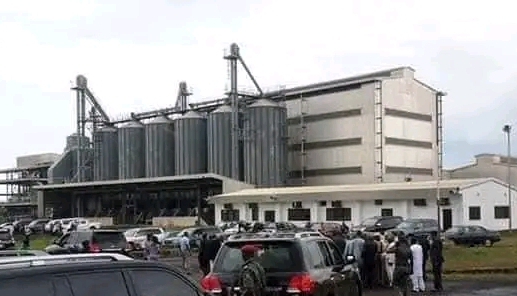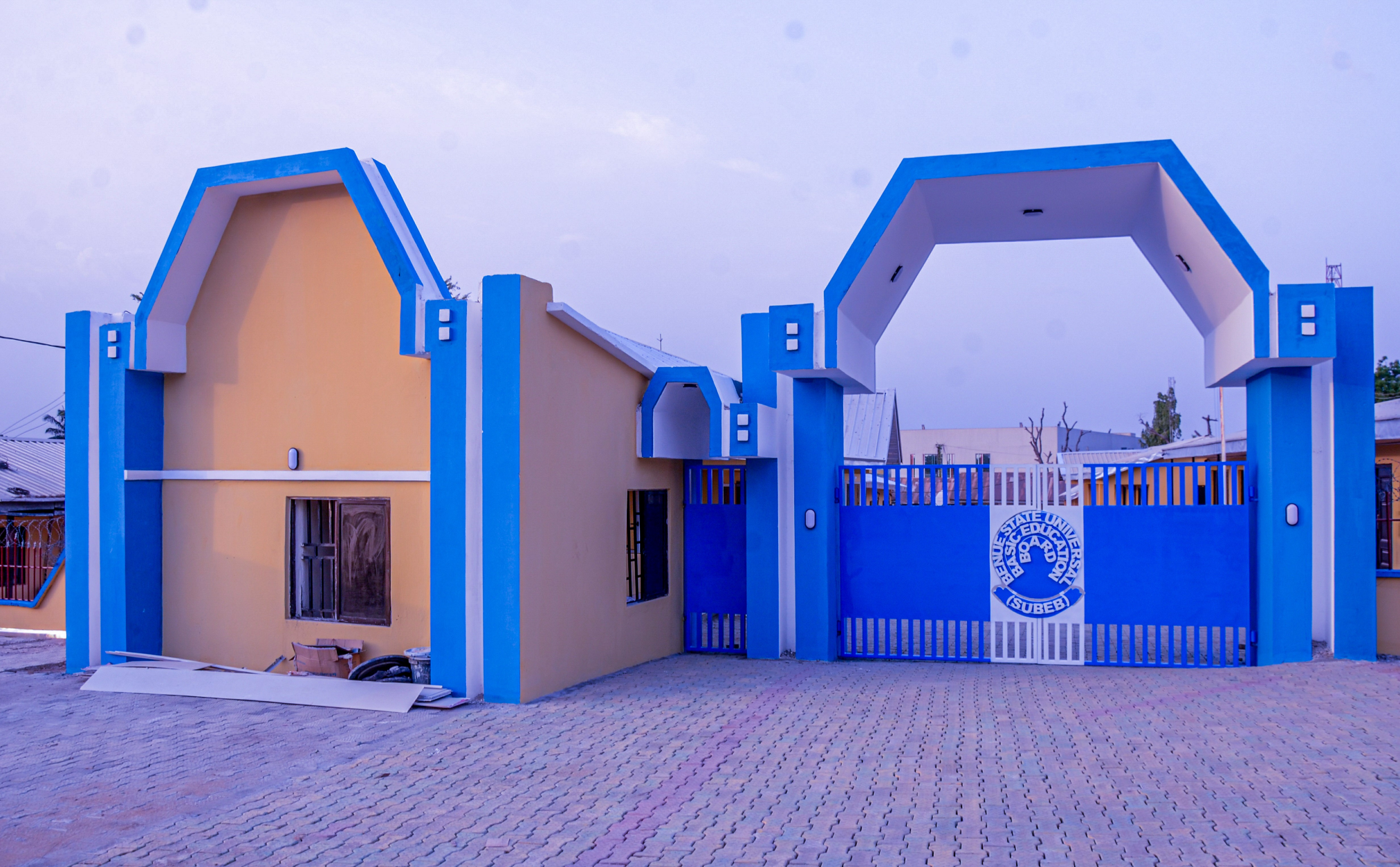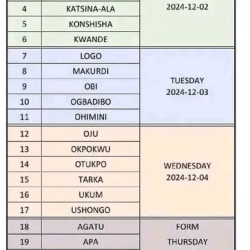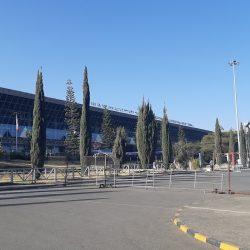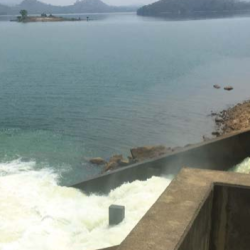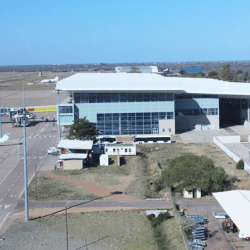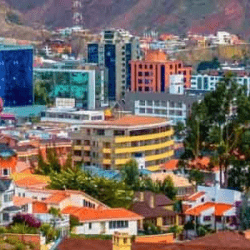Taraku Mills Limited (TML) stands as one of the most ambitious industrial projects ever conceived in Benue State. Established in the early 1980s by the visionary leadership of the late Aper Aku, the first civilian governor of the state, the mill was meant to serve as an agricultural and industrial backbone for the people of Benue and beyond. At its peak, it was not just a factory; it was a beacon of economic hope, employment, and self-sufficiency. Yet today, the once-thriving enterprise remains a shadow of its former self, crippled by corruption, neglect, and poor governance.
The Birth of a Vision
In 1982, Governor Aper Aku spearheaded the establishment of TML with a registered capital of $100 million, a figure that also covered other major projects across the state. The plant, strategically located at Taraku along the Makurdi–Enugu road, was envisioned to serve the three major ethnic groups of Tiv, Idoma, and Igala. With infrastructure installed between 1986 and 1987, the mill commenced full production in 1989.
Aku’s dream was simple yet profound: to harness the agricultural strength of the state and transform it into industrial prosperity. Farmers would have a ready market for their produce, industries would flourish, and Benue would generate revenue while creating jobs for thousands of people.
What Taraku Mills Offered
Taraku Mills was designed as a multi-product facility with vast potential. Its capabilities included:
- Edible and vegetable oil production: Known for producing some of the finest grades in northern Nigeria.
- Flour milling: Providing different types of flour for both household and industrial use.
- Brewers’ grits: Supplying the brewing industry with essential raw materials.
- Animal feed production: Supporting livestock farmers with quality feed.
Beyond these, TML played a crucial role in promoting soya-bean cultivation across Benue, as the company’s vast land holdings and steady demand encouraged local farming on a large scale. This not only empowered rural communities but also reinforced food security in the region.
The Collapse of a Dream
Despite its strong foundation, Taraku Mills began to falter due to a combination of factors:
- Corruption and mismanagement: Leadership failures crippled the efficiency of operations.
- Government neglect: Successive administrations failed to prioritize the mill, allowing infrastructure to decay.
- Failed resuscitation attempts: While funds were often earmarked for revival, they rarely translated into meaningful progress.
At its peak, TML was the largest vegetable oil producer in West Africa. Yet, within a short span, it became dormant—a stark reminder of how vision can be destroyed by lack of continuity and accountability.
Failed Attempts at Resuscitation
Over the years, several efforts were made to revive TML, but most ended in disappointment. At one point, the government announced that production would resume and earmarked ₦5 billion for soya-bean purchases. However, this promise was followed by rumors of privatization, which the people of Benue resisted. Ironically, the same government that allocated ₦5 billion later declared the company obsolete.
In 2019, a glimmer of hope emerged when Mr. Ernest Jor, an indigene of Gwer West, successfully carried out a comprehensive turnaround maintenance of the mill and even test-produced goods. However, his operations collapsed due to the government’s failure to fulfill its lease obligations, particularly the provision of water. Similarly, Barr. Adum Ter Alex, then Commissioner for Commerce and later Managing Director of BIPC, made genuine attempts to help but was blocked by bureaucratic refusals and political hurdles.
Why Taraku Mills Still Matters
Despite decades of neglect, Taraku Mills remains relevant for several reasons:
- Employment: Once modernized, it has the potential to employ over 1,000 skilled and unskilled youths.
- Agricultural development: By providing a steady market, it can transform farming communities across Benue and neighboring states.
- Industrial growth: Its multi-product capacity can reduce Nigeria’s dependency on imported edible oils and animal feeds.
- Economic revival: A fully functional TML would generate substantial revenue for Benue, boosting state finances and development.
The Path to Revival
For TML to return to its former glory, a clear and transparent strategy is needed:
- Public-private partnership: The government should invite credible investors with experience in agro-industrial projects.
- Infrastructure support: Basic needs such as water and power supply must be guaranteed.
- Anti-corruption safeguards: Strict monitoring and accountability mechanisms should be put in place.
- Farmer integration: Reviving soybean and other crop production must go hand-in-hand with mill operations.
- Community involvement: Since the people of Benue hold emotional and economic stakes, their voices must be respected in decision-making.
FAQs about Taraku Mills Limited
Q1: Who founded Taraku Mills Limited (TML)?
TML was conceived in 1982 by the late Aper Aku, the first civilian governor of Benue State.
Q2: What products did Taraku Mills produce?
It produced edible oil, flour, brewers’ grits, and animal feeds, while promoting soya-bean farming.
Q3: Why did Taraku Mills collapse?
Corruption, mismanagement, lack of infrastructure, and neglect by successive governments led to its downfall.
Q4: Has there been any attempt to revive the mill?
Yes. Several attempts were made, including a ₦5 billion soybean initiative and a 2019 turnaround by Ernest Jor, but none were sustainable.
Q5: What is the current state of Taraku Mills?
The mill remains dormant, though calls for revival continue from stakeholders and the people of Benue.
Q6: Can Taraku Mills still be revived?
Yes. With the right investment, political will, and management, TML can become a major agro-industrial hub in Nigeria.
Taraku Mills Limited is not just a factory—it is a symbol of a visionary dream that once promised prosperity for Benue and beyond. While its collapse reflects years of mismanagement and neglect, its revival could restore jobs, empower farmers, and strengthen Nigeria’s agro-industrial sector. To abandon TML is to betray the legacy of Aper Aku and the hopes of countless farmers and youths. To revive it is to embrace a future of economic resilience, food security, and industrial pride.
